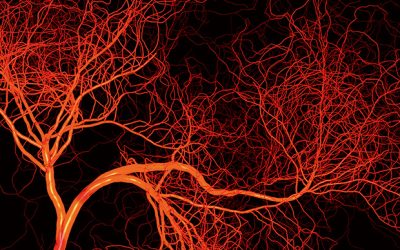Researchers from Imperial College London have revealed that a blood test can pinpoint the underlying cause of brain injury in newborn babies.
The study, published in JAMA Network Open, could lead to a simple test to quickly diagnose brain injury in newborns and help with treatment decisions.
Researchers took blood samples from 35 babies born with hypoxic-ischaemic encephalopathy (HIE), a type of brain injury that occurs when a baby’s brain does not get enough oxygen before or shortly after birth, in Italy, a high-income country (HIC), and 99 babies from low- and middle-income countries (LMIC) in South Asia, shortly after birth.
Affecting around three million babies every year, HIE is a leading cause of death and disability worldwide among babies born at full term.
After later medically assessing the babies at 18 months of age, researchers found that around 50% of the babies in South Asia died or developed severe disabilities, compared to a quarter in Italy.
Additionally, after looking for correlations between gene expression, researchers revealed 1793 significant genes that were associated with adverse outcomes in Italy and 99 in South Asian babies.
In total, there were only 11 significant genes in common between the cohorts, which were expressed in opposite directions.
The dramatic divergence in gene expression between both groups suggests a different underlying cause of brain injury.
Whole-body cooling has become standard practice in many HICs to treat babies with HIE. However, a study in LMICs previously showed that this practice could worsen outcomes in babies with HIE and could potentially increase mortality risk.
Study co-author Professor Swati Manerkar, Lokmanya Tilak Municipal Medical College, India, said: “[The study] clearly shows… very different causes of brain injury between the two groups,… which… helps to explain why some babies respond to cooling and others are harmed by it.”
As well as identifying the underlying causes of brain injury, the study could also help determine which babies are likely to benefit from cooling treatment.










